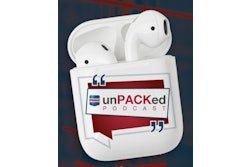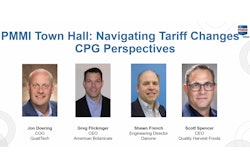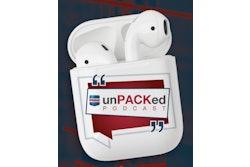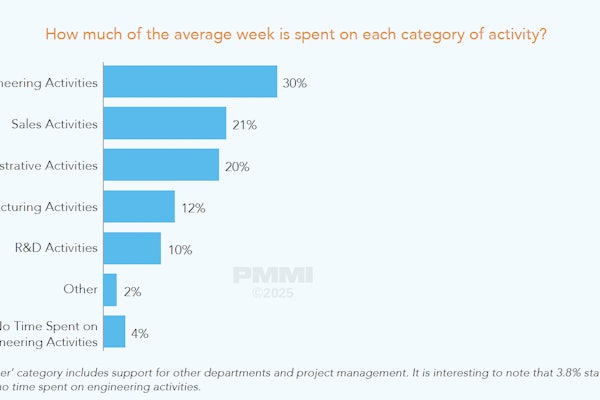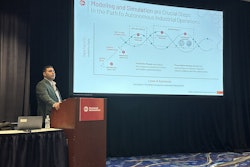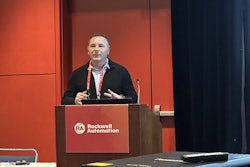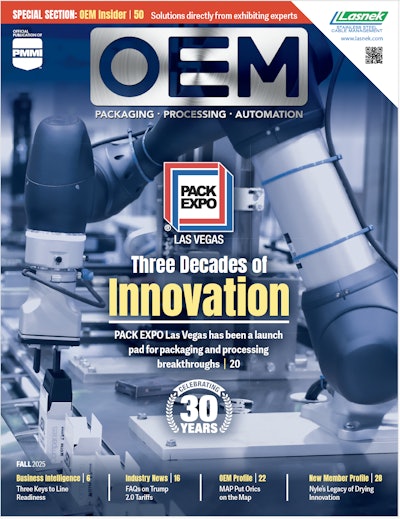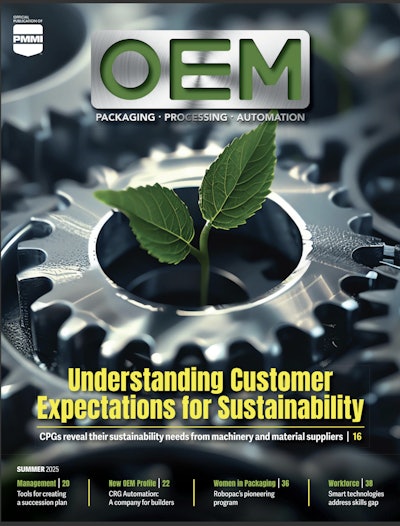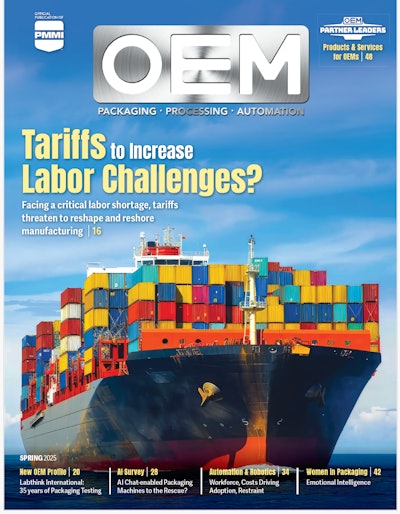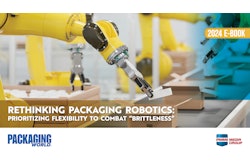If you’ve spent any time with me—or seen me talk from a stage—you know I’m passionate about helping this industry win and avoid doing two things:
1. Talking features and benefits without knowing the customer’s problem.
2. Engineering solutions for problems that don’t even need to be solved.
Those habits waste time and send prospects running. And nowhere does this show up more painfully than on the floor of PACK EXPO.
The dangerous reflex
Let’s talk about the moment that happens in every booth. Someone steps in and says, “So, tell me about your equipment. What makes you different?” Almost every salesperson jumps into the same reflex: They start explaining speeds, feeds, technical features—everything they know so well.
I get it. I’ve been there.
As a young salesperson, all I wanted was to know more about my product so I could sell it more effectively. But here’s the truth: I was asking for the wrong thing.
Yes, you absolutely need to know your product inside and out. But you just can’t start talking about it right away. You have to do something else instead.
The neuroscience behind the trap
When someone asks, “What makes you different?” they often expect a short, polite headline. But if your reply becomes a detailed technical monologue that launches into a demo, you trigger a survival response in their brain. Humans process spoken words slower than visuals or emotions. So, while you keep talking, they’re thinking:
“I didn’t mean to get stuck in a 10-minute pitch.”
“How do I get out of here politely?”
This is cognitive overload. Instead of curiosity, you create discomfort. Their brain shifts from learning to escape mode. So, while you’re passionately explaining your equipment’s brilliance, they’re plotting how to leave your booth without hurting your feelings.
Why speeds and feeds aren’t valuable—yet
Speeds and feeds aren’t bad. They’re just not valuable until you connect them to the customer’s world. Until then, your machine is one of hundreds on the floor.
People come to PACK EXPO under serious pressure:
● Cut costs without sacrificing quality.
● Increase throughput without risking downtime.
● Manage labor shortages without burning out staff.
These challenges have personal consequences. Missed KPIs mean stress, long hours, and worried conversations at home.
What to do instead
So, when someone says, “Tell me about your equipment,” the smartest move isn’t to answer right away. Instead, you need a way to flip the conversation back to the prospect. I
n our Successful Selling at PACK EXPO training, we teach a powerful approach called SWORD and SHIELD. It’s designed to protect you from these traps and help you win conversations. You’ll have to come to the training for the full process, but here’s a simple example you can try:
Instead of pitching, say, “That’s a great question. Before I dive into details, would it be okay if I ask what challenges you’re dealing with upstream or downstream from this kind of equipment right now?”
The power of practicing questions
But here’s something few people talk about: You can’t just memorize questions. You have to practice them until you embody them. I challenge every exhibitor headed to PACK EXPO to script your first five questions. Then hone and refine them until they’re perfectly accurate and natural.
Here’s why:
Subtle shifts in tone, pace, and body language tell the customer whether you’re genuinely curious or just reciting a script. Prospects feel when you’re there to help them win, not just sell something. Neuroscience proves it. When customers sense you deeply care about solving their problem, it reduces the unspoken risk factor of working with someone new.
Your job isn’t just to ask questions. It’s to make prospects feel that solving their problem is something you love doing.
Your challenge
So, before you hit the floor:
● Script your first five questions.
● Practice them until you know how they feel from the customer’s side.
● Know the stories your customers live every day—and make those stories yours when you talk.
And to help your research, try this:
A ChatGPT prompt you can use
“Act as an expert in the packaging industry. What are the top 10 business pressures facing someone who buys [your product] in a [your customer’s role or industry]? How might these pressures affect them personally and professionally? Also, give me five questions I could ask in conversation to find out if my prospect is experiencing these issues.”
Because if you’re going to spend days away from the people you love, make it count—for you, for your customers, and for the business you both want to build.
“Mastery means aligning your time, your talent, and your purpose—even on the busiest floor.”
Show up prepared, with courage and clarity. Because that’s the difference between a transactional conversation and a partnership that changes everything for you and your new client.


